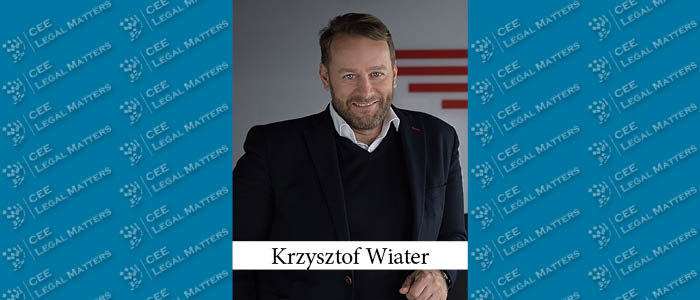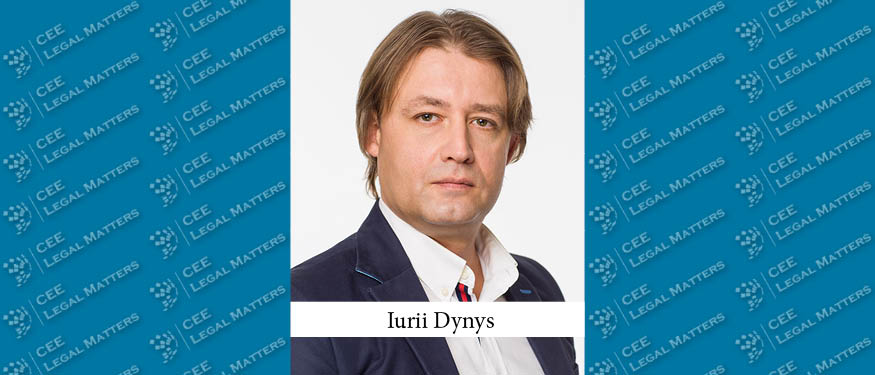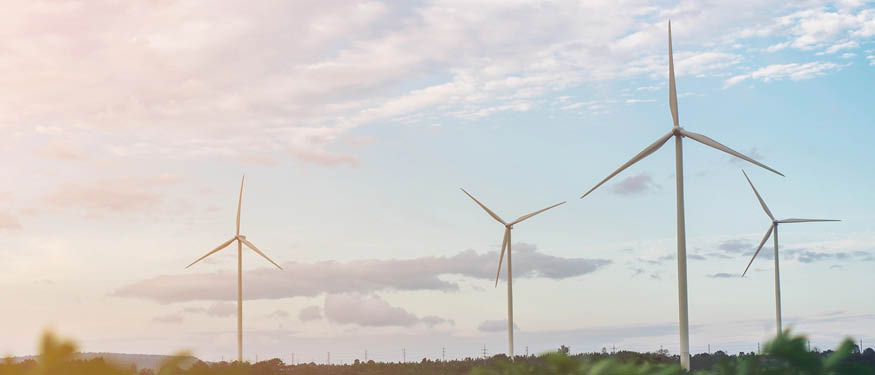In response to evolving global dynamics, Poland's legal sector is undergoing significant changes, according to NGL Legal Partner Krzysztof Wiater who highlights the region's increased commercial activity, driven by defense and energy projects, as well as a generational shift in business.
"The war in Ukraine has necessitated a reevaluation of Poland's defense strategy," Wiater begins. "Many international companies are now actively engaging in the region, leading to an influx of commercial contracts and legal work. New forms of cooperation are emerging, both with public and private components." Specifically, Wiater mentions that "Korean defense companies are eyeing opportunities in Poland and Romania as gateways to the European market, with law firms like ours providing crucial support. The recent visit of the Korean President to Poland underscored this trend." Moreover, he shares that this is "not limited to defense companies anymore; dual-use producers for both defense and civil sectors, including automotive and tech companies, are entering the scene, further diversifying the legal work."
Continuing, Wiater shares that "Poland is embarking on an ambitious path regarding nuclear power plants, one of which is likely to be constructed by Americans and another by Koreans. This presents a wealth of legal opportunities, spanning regulatory, corporate, and construction aspects." Additionally he reports that the "upcoming elections in Poland are leading to increased economic activity, with the State Treasury acquiring a larger share of the economy. This is typical before elections, as M&A deals need closure and investment programs require finalization, all to ensure a stable economic footing."
Moving on to international directional shifts, Wiater says that "global trends such as ESG and the green transformation are reshaping various sectors, including energy. Poland is procuring LNG regasification units (FSRU ships) for gas delivery, partly for energy independence." According to him, "this innovative endeavor not only involves acquiring these vessels but also establishing the legal framework for their operation. Meanwhile, it is planned to transfer traditional coal energy assets to a state entity called NABE (National Agency for Energy Security), while major players like Orlen are adopting greener practices and exploring related sectors like plastics." The result of these efforts is, as Wiater reports, a surge in legal work, particularly in "facilitating the transition of non-sustainable assets to state entities, making companies more attractive from a financing perspective."
Focusing on the specifics of the legal sector, Wiater reports that it has been experiencing "the ebb and flow of economic cycles. The first half of this year was relatively quiet in terms of M&A transactions, but we're now witnessing signs of acceleration. While it's not yet a confirmed trend, from our perspective, there's a noticeable increase in both pitch numbers and contracted transactions." Having all of this in mind, Wiater is optimistic about the second half of the year.
Furthermore, he shares an observation of there being a "change of generation among businesses established in the 1990s. This transition is generating numerous small and medium-sized transactions," he explains. "There's growing interest in transferring homegrown businesses to foundations and seeking investors for further development. We're even planning to compare this trend across different countries, as second-generation entrepreneurs may opt for different business forms. For instance, a meat production business may diversify into blockchain technology, presenting intriguing legal challenges," he concludes.

















